If you own a cockatiel, you may have noticed that they have a habit of bobbing their heads! This behavior is perfectly normal for these birds and can indicate a range of things, from excitement to communication.
Key Takeaways:
- Cockatiels are known to bob their heads often, a normal behavior for this species.
- Head bobbing behavior can indicate various things, including territorial cues, mating displays, and communication.
- Understanding your cockatiel’s body language can help you develop a closer bond with them.
Cockatiel Head Bobbing Behavior
Have you ever watched your cockatiel’s head movements and wondered what they mean? The head bob is a common way of communicating and expressing themselves. They use their head to show their mood and intentions, as well as to attract attention or display dominance.
The cockatiel head-bobbing behavior is characterized by a rhythmic up-and-down motion, usually with the crest on their head raised. This movement is often accompanied by chirping, singing, or other vocalizations. Cockatiels may bob their heads while standing still or while moving around, such as when they are exploring their cage or interacting with their human caregivers.
So, what does it mean when your cockatiel is bobbing its head? It depends on the context and the specific behavior. In general, cockatiel head-bobbing is a sign of arousal or excitement and can indicate that the bird is feeling happy, alert, or curious about something. Some cockatiels may also bob their heads to show off their crest or to get attention from their owner.
However, the meaning of cockatiel head-bobbing can vary depending on the situation. For example, if your cockatiel is bobbing its head while holding a piece of food in its beak, it may be a sign of regurgitation behavior, which is a bonding gesture used between mates or between a bird and its human caregiver.
Communication and Body Language
Cockatiels are highly intelligent birds that communicate with their body language. One of their most distinctive behaviors is head bobbing, which can convey different meanings depending on the context.
When a cockatiel bobs its head slowly, it may be a sign of relaxation or contentment. However, when it bobs its head quickly, it could indicate excitement, agitation, or alarm.
Head bobbing also plays a crucial role in cockatiels’ social interactions. For example, a male cockatiel may bob its head to show a female that it is interested in mating.
Similarly, a cockatiel may bob its head to establish dominance over another bird in its territory. By paying attention to a cockatiel’s body language, particularly its head movements, you can decipher its intentions and emotional state.
In addition to head bobbing, cockatiels use other body language cues to communicate. For instance, they may fluff up their feathers when they feel threatened or scared. They may also raise their crests, which are the feathers on top of their heads, to express excitement, curiosity, or aggression.
Reasons Why Cockatiels Bob Their Heads
One reason why cockatiels bob their heads is to express territorial cues. When a cockatiel is trying to establish its territory, it may bob its head to show dominance and warn other birds to stay away. This behavior can also be seen in other animals, such as cats and dogs.
Cockatiels also bob their heads as part of their mating displays. During mating season, male cockatiels will bob their heads as a way to attract females. Female cockatiels may also bob their heads in response as a sign of interest.
Another reason why cockatiels may bob their heads is as a form of communication. Cockatiels use body language to express themselves, and head-bobbing is one way they communicate. Depending on the context, head-bobbing can signify excitement, curiosity, or even stress.
It’s important to note that head-bobbing behavior can also be a sign of illness or discomfort. If your cockatiel is bobbing his head excessively or accompanied by other unusual behaviors, it’s best to consult with a veterinarian to rule out any health concerns.
Overall, head-bobbing is a natural behavior in cockatiels, and understanding the different reasons why they engage in this behavior can help you better communicate with your bird and provide for their overall well-being.
Bobbing Heads During Mating Season
If you notice that your cockatiel is bobbing its head more frequently during the breeding season, this behavior is accompanied by other actions such as singing, whistling, and displaying his feathers. These actions are all signs that your bird is looking to attract a mate. The head-bobbing behavior occurs more often in males, while females will sometimes display more subtle behaviors such as chirping or fluffing their feathers.
During this time, it is important to pay close attention to your cockatiel’s body language and overall health. If your bird is showing signs of stress or discomfort, it may be necessary to seek the advice of a veterinarian who specializes in avian care.
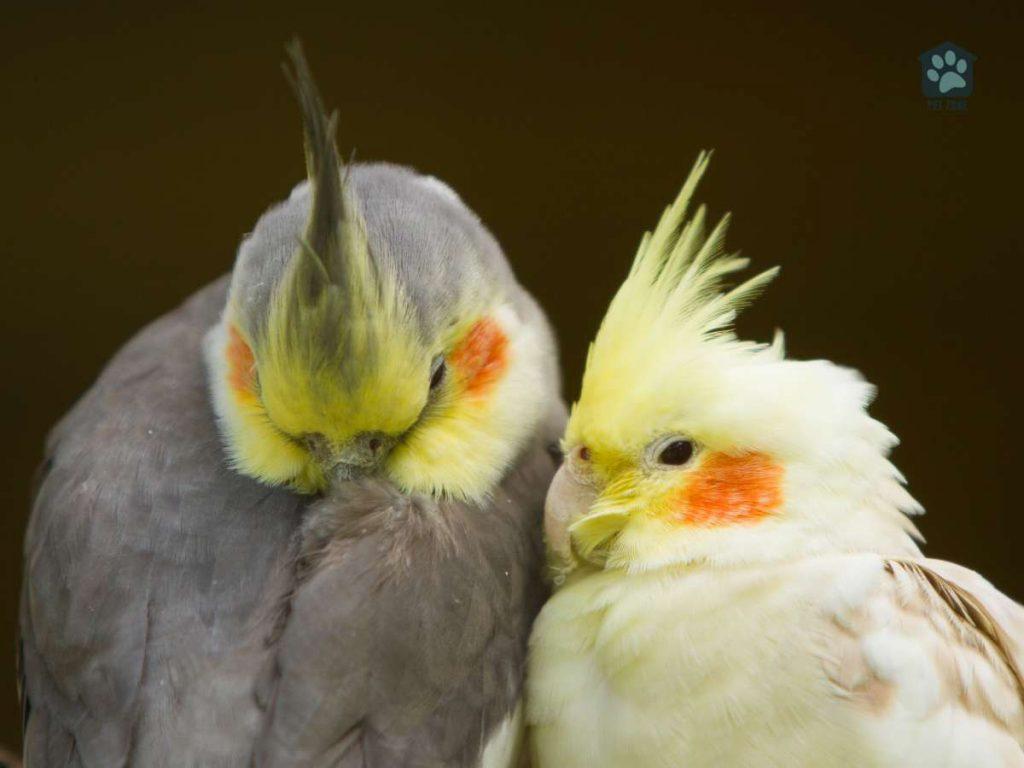
Female Cockatiel vs. Male Cockatiel Head Bobbing
Male and female cockatiels may bob their heads for different reasons. In general, male cockatiels tend to bob their heads more frequently than females. This is often a sign of their territorial nature, as males may bob their heads to warn other birds to stay away from their space.
Female cockatiels, on the other hand, may bob their heads as part of their courtship behavior. If a female cockatiel is interested in a male, she may bob her head to get his attention and show that she is receptive to his advances.
It is worth noting that not all male or female cockatiels will bob their heads, and some birds may exhibit different behaviors depending on their individual personalities and experiences.
Cockatiel Head Bobbing in Baby Cockatiels
If you have a baby cockatiel, you may have noticed it bobbing its head more frequently than an adult bird. Don’t worry, this is normal behavior for a young cockatiel. In fact, baby cockatiels may bob their heads as part of their playful antics, especially when they are exploring their environment or interacting with their toys.
Head bobbing in baby cockatiels may also indicate a sign of hunger, although this behavior may change as the bird matures. As with adult cockatiels, it is important to observe your baby cockatiel’s body language and context to understand their behaviors.
While head-bobbing in baby cockatiels is not usually a cause for concern, it is still a good idea to monitor your bird for any changes in behavior or health. If you are unsure about your baby cockatiel’s head-bobbing behavior or notice any other unusual behaviors, consult with a veterinarian who specializes in birds.
Health Concerns and Head Bobbing
If you notice your cockatiel is bobbing its head excessively, you may wonder if it is a cause for concern. While head-bobbing is a natural behavior for cockatiels, it can also be an indicator of health issues.
If you suspect your cockatiel’s head-bobbing is related to a health concern, it is important to seek the advice of a knowledgeable veterinarian. They can examine your bird and provide a diagnosis and treatment plan if necessary.
Some conditions that may be associated with head-bobbing in cockatiels include:
- Respiratory infections
- Inner ear infections
- Seizures
- Toxicity from ingesting a harmful substance
- Neurological disorders
If you are unsure whether your cockatiel’s head-bobbing is normal or concerning, consult with your veterinarian. They can provide guidance and support to ensure your feathered friend stays healthy and happy.
Cockatiel Head Crest and Head-Bobbing
Have you ever noticed your cockatiel’s head bobbing is accompanied by his crest rising and falling? This is because a cockatiel’s head crest is directly connected to its head-bobbing behavior.
In the wild, cockatiels will bob their heads and raise their crests as a territorial display to other birds. This behavior helps establish dominance and show off their strength to potential mates.
Additionally, during courtship and mating displays, male cockatiels will often bob their heads and display their crests as a way to attract a mate and show off their fitness.
If you notice your cockatiel bobbing its head and raising its crest frequently, it may be a sign of a confident and healthy bird. However, if your cockatiel’s crest is constantly raised or if it is not bobbing its head at all, it may be a sign of stress or illness. In this case, it is best to consult with a veterinarian to ensure the health of your pet bird.
Cockatiels and Regurgitation Behavior
One behavior you may observe in your pet cockatiel is regurgitation, where they bring up food from their crop to share with another bird, or in some cases, with their human caregivers. Head-bobbing may play a role in this behavior, as it is often observed when a male cockatiel is trying to bond with its mate or human companion.
The regurgitation behavior is usually a sign of affection and a way for the bird to show its trust. If your cockatiel is regurgitating for you, it means that it sees you as part of its flock and feels comfortable enough to share its food with you. However, it’s important to note that not all cockatiels will exhibit this behavior, and some may be more reserved than others when it comes to interacting with humans.
If you do observe your cockatiel regurgitating, it’s important to avoid encouraging this behavior too much, as it can be exhausting for the bird and may cause health problems if done excessively.
Instead, try to redirect your bird’s attention to other forms of bonding, such as playing together or training exercises. If you have any concerns or questions about your cockatiel’s regurgitation behavior, be sure to consult with a veterinarian who specializes in avian care.
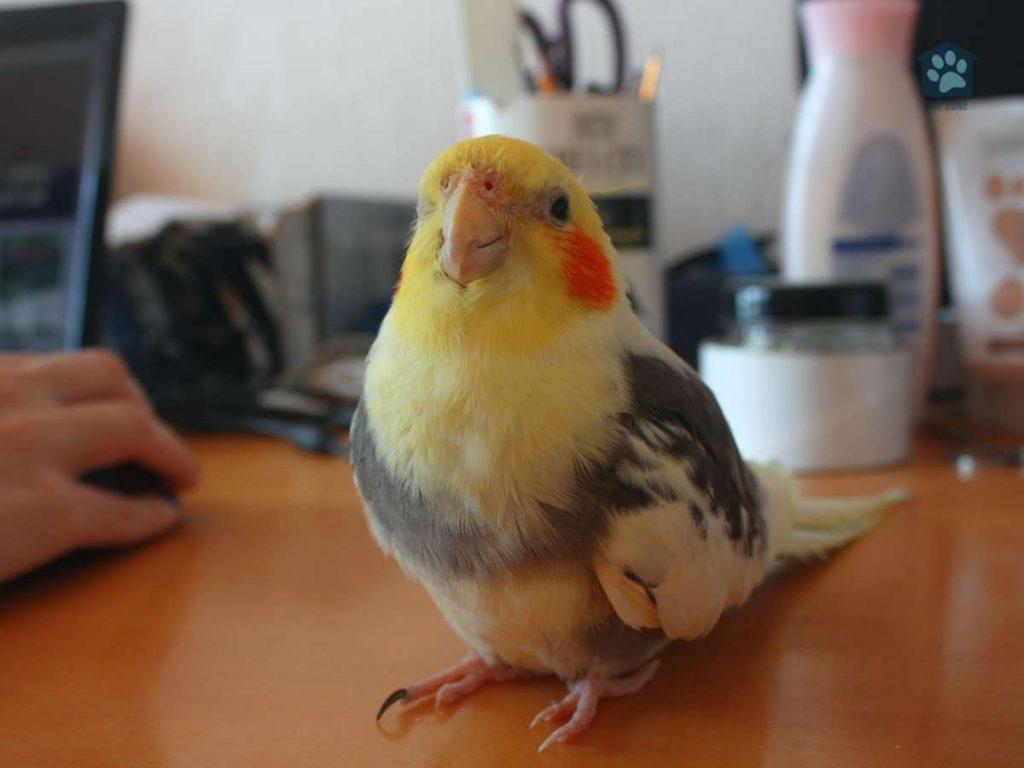
Conclusion
Cockatiels bob their heads for a variety of reasons, from communication to mating displays. By understanding this behavior, you can better interpret your pet’s body language and establish a deeper bond with them.
Keep in mind that while head-bobbing is a normal behavior for cockatiels, it’s important to monitor their health and seek veterinary attention if this behavior changes or is accompanied by other symptoms.
FAQ
Q: Why does my cockatiel bob his head?
A: Cockatiels bob their heads for various reasons, including communication, territorial cues, mating displays, and even as part of their regurgitation behavior.
Q: What does cockatiel head bobbing signify?
A: Head bobbing behavior in cockatiels is a form of communication and can signify various things, such as territoriality, mating readiness, or even a bonding gesture.
Q: Do male and female cockatiels have different head bobbing behaviors?
A: Yes, there can be differences in head-bobbing behavior between male and female cockatiels. Males may bob their heads more prominently during courtship displays, while females may also engage in head-bobbing but to a lesser extent.
Q: Is head-bobbing common in baby cockatiels?
A: Head-bobbing behavior is less common in baby cockatiels compared to adult birds. It may indicate their developmental stage or a response to environmental stimuli.
Q: Should I be concerned if my cockatiel is bobbing its head excessively?
A: Excessive head-bobbing or any sudden changes in behavior should be monitored and, if necessary, consulted with a veterinarian. While head-bobbing is generally a normal behavior, it’s important to ensure your bird’s overall health and well-being.
Q: What is the connection between a cockatiel’s head crest and head bobbing?
A: Cockatiels have a distinctive head crest that can be raised or lowered. Head-bobbing behavior can sometimes be accompanied by raising the crest, indicating excitement, curiosity, or even alarm.
Q: Can head bobbing be related to regurgitation behavior in cockatiels?
A: Yes, head-bobbing can be part of a cockatiel’s regurgitation behavior, especially when bonding with a mate or their human caregivers. It is a natural behavior for them to regurgitate food as an expression of affection.
As an Amazon Associate I earn from qualifying purchases.
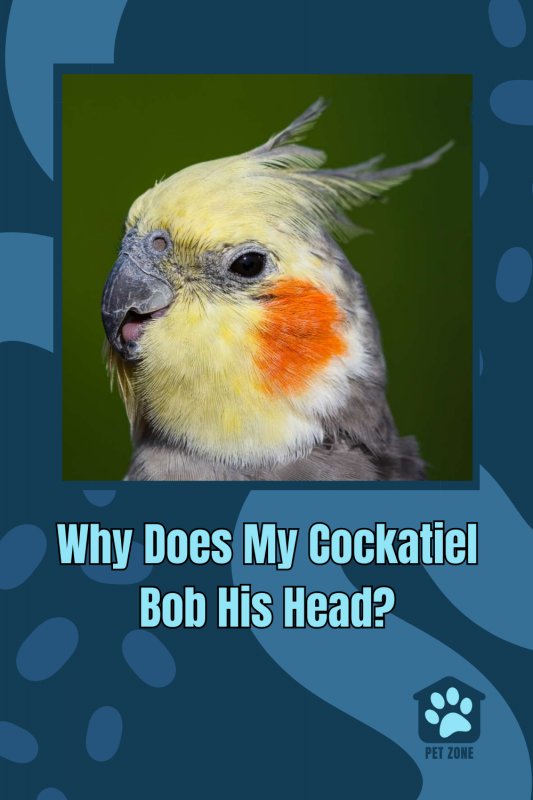


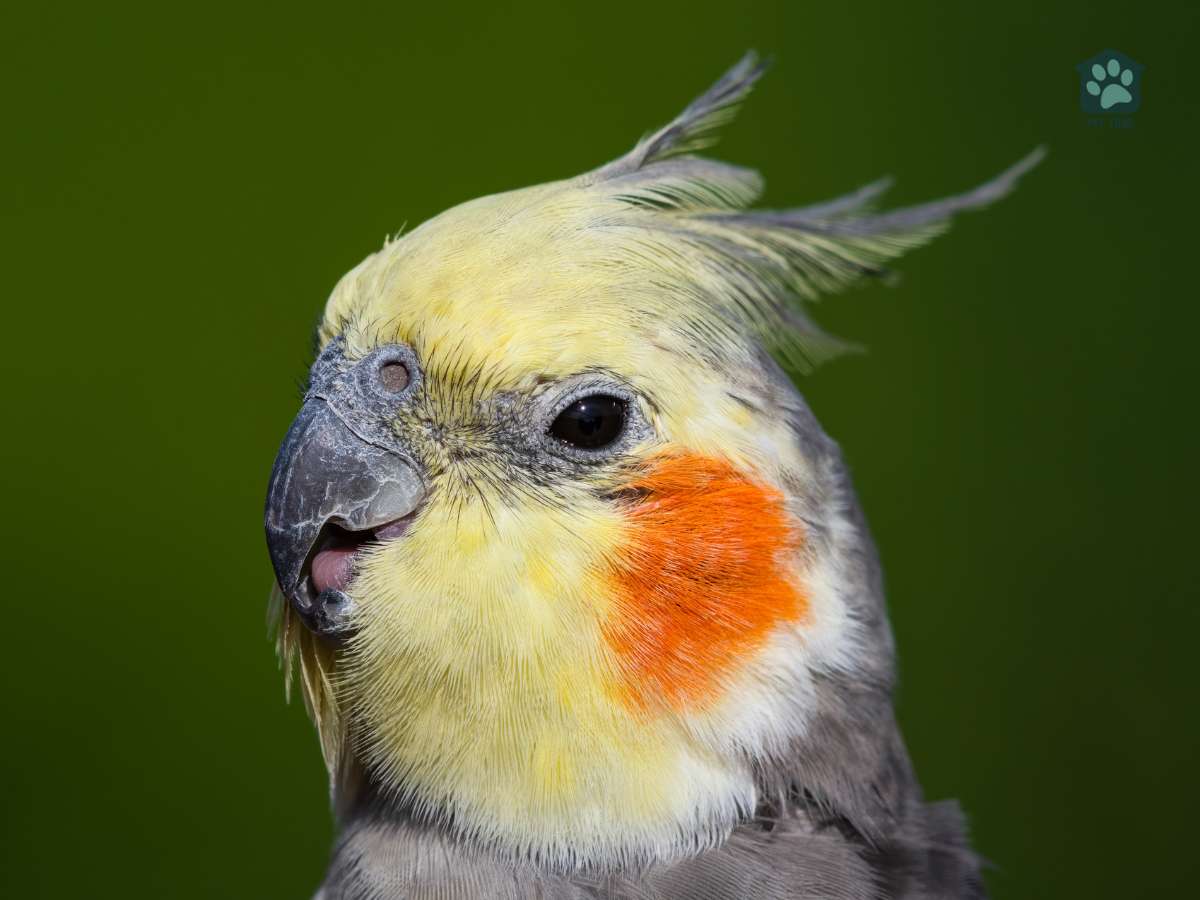
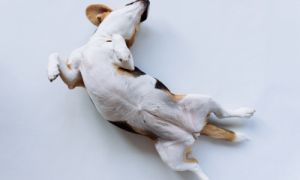
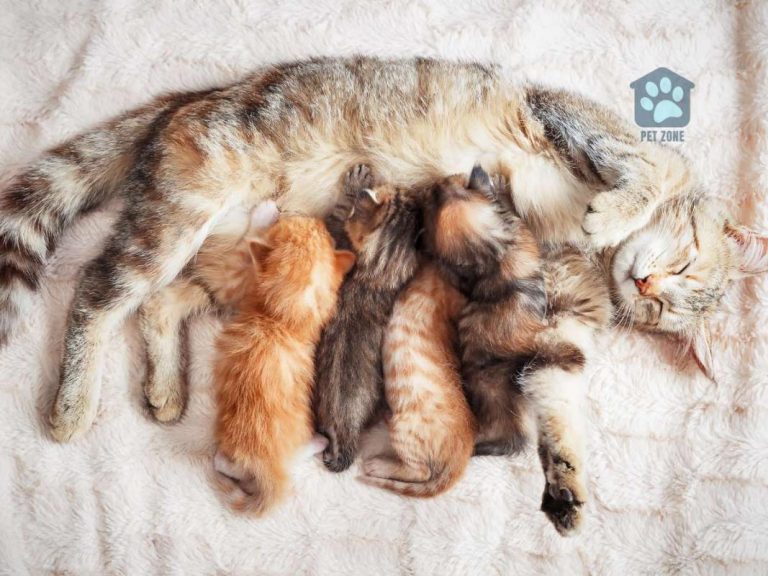
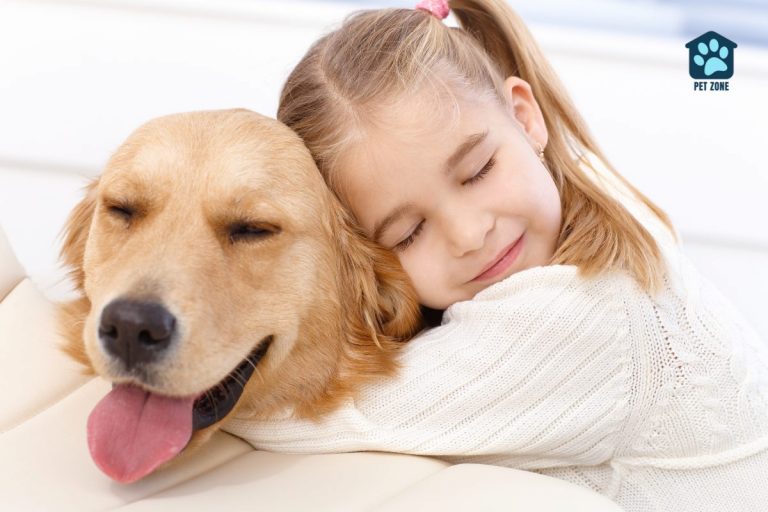
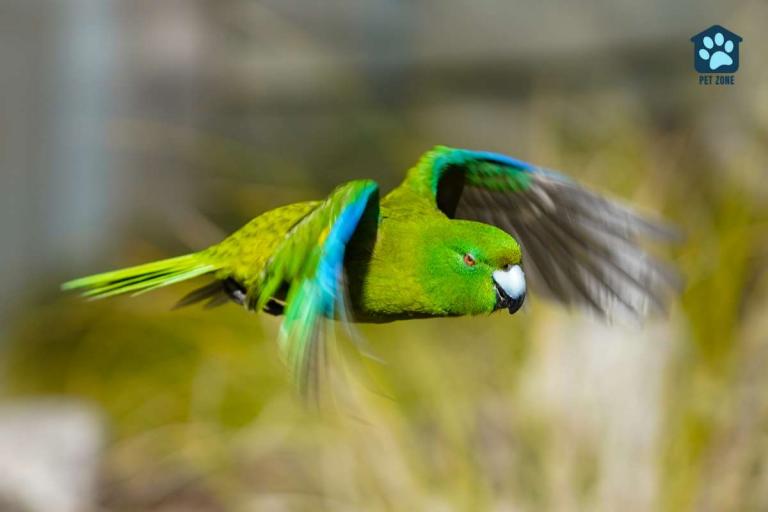
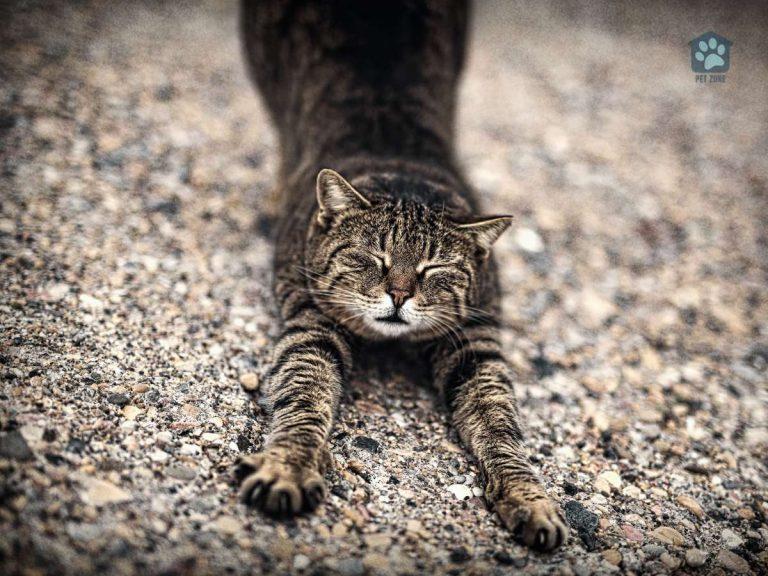
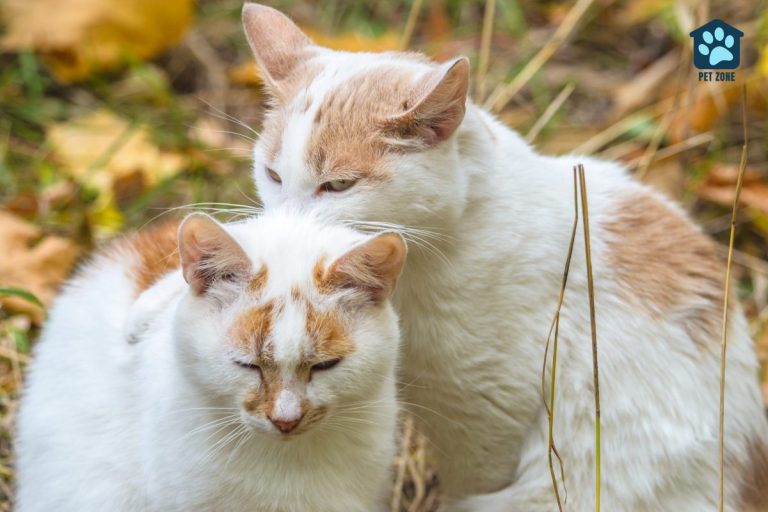
Great post as always! I always get to learn something new from your articles. Thank you for sharing.